



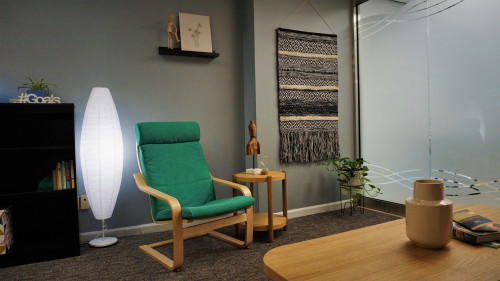




Oasis Recovery Center
Verified Center
This provider's information has been quality-checked by Recovery.com's Research Team for accuracy and completeness, including center verification through appropriate third-party organizations.
Treatment Focus
This center treats substance use disorders and co-occurring mental health conditions. Your treatment plan addresses each condition at once with personalized, compassionate care for comprehensive healing.
Primary Level of Care
Offering intensive care with 24/7 monitoring, residential treatment is typically 30 days and can cover multiple levels of care. Length can range from 14 to 90 days typically.
Treatment Focus
This center treats substance use disorders and co-occurring mental health conditions. Your treatment plan addresses each condition at once with personalized, compassionate care for comprehensive healing.
Primary Level of Care
Offering intensive care with 24/7 monitoring, residential treatment is typically 30 days and can cover multiple levels of care. Length can range from 14 to 90 days typically.
Provider's Policy
Oasis Recovery Center proudly works with most major insurance providers. Give us a call today to speak with one of our admissions experts. They can provide a free, confidential benefit verification so you can get a clear picture of what the costs of treatment would be and how to maximize your insurance benefits. Oasis Recovery Center accepts most PRIVATE INSURANCES. Call now to verify insurance. Medicaid and Medicare NOT accepted.
Oasis Recovery Center
Oasis Recovery Center
About Oasis Recovery Center
Oasis Recovery Center in Asheville, North Carolina, was founded by people who have walked the recovery journey themselves. The center helps individuals reconnect with their true selves, rediscover their purpose, and unlock potential that may have been lost along the way. Whether beginning or continuing treatment, clients receive gender-specific, trauma-informed care through residential, day treatment, and intensive outpatient programs (IOP), with men’s and women’s services hosted in separate, peaceful spaces.
Establish Balance with a Comprehensive Path
Oasis takes care to address more than the symptoms, but the mind, body, and spirit. Therapeutic approaches include cognitive behavioral therapy (CBT), dialectical behavioral therapy (DBT), emotional regulation therapy, and motivational interviewing (MI). For trauma recovery, clients access eye movement desensitization and reprocessing (EMDR), somatic experiencing, and brain spotting. Clients also engage in mindfulness, yoga, and pilates alongside individual, group, and family therapy, creating a balanced foundation for recovery.
Renew Strength Through Nature and Connection
Surrounded by forest beauty and fresh mountain air, Oasis offers a campus where healing feels possible. Clients live in shared spaces with inviting porches, peaceful walking trails, and areas for recreation and connection. Nutritious meals are served daily, while off-site adventures like canoeing, camping, rock climbing, and horseback riding bring joy and renewal. The environment encourages community, reflection, and the sense that recovery is a journey never walked alone.
Sustain Healing with Ongoing Community
Oasis Recovery Center supports clients beyond treatment with relapse prevention planning, medication management, and alumni gatherings that promote ongoing connection. Their virtual family program also helps loved ones stay engaged in the recovery process. By encouraging long-term accountability and community, Oasis empowers clients to continue healing with support that extends well past discharge.

Highlights from the Center
Highlights
These highlights are provided by and paid for by the center.
Holistic Approach
Trauma-Informed Care
Gender Separate Housing
Center Overview
Treatment Focus
This center treats substance use disorders and co-occurring mental health conditions. Your treatment plan addresses each condition at once with personalized, compassionate care for comprehensive healing.
Joint Commission Accredited
The Joint Commission accreditation is a voluntary, objective process that evaluates and accredits healthcare organizations (like treatment centers) based on performance standards designed to improve quality and safety for patients. To be accredited means the treatment center has been found to meet the Commission's standards for quality and safety in patient care.

Oasis Recovery Center
Insurance Accepted
Cash Pay Rates
Estimated Cash Pay Rate
Center pricing can vary based on program and length of stay. Contact the center for more information. Recovery.com strives for price transparency so you can make an informed decision.




More HCANA Centers to Consider
Recovery.com Verified Listing
Recovery.com verified that the name, location, contact information and license to operate for this treatment provider are valid and up-to-date.

Joint Commission Accredited

Licensed by North Carolina
Recovery.com is an independent, third-party mental health resource. Verification does not imply endorsement and does not guarantee the quality of treatment services.
Meet Your Care Team

Jonathan Wood
CEO and President

Dr. Brady Schroer
Medical Director
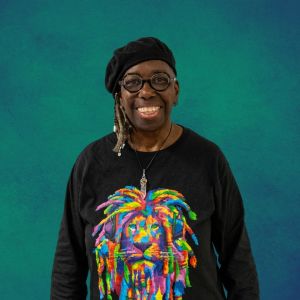
Vern Eleazer
Supervising Clinical Director/ Vice President

Marie Maisano
Director of Admissions

Emily Fallin
Admissions Coordinator

Jack Engel
Admissions Coordinator
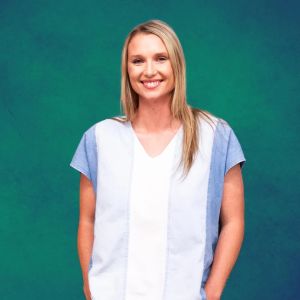
Madeline Christian
Primary Clinician
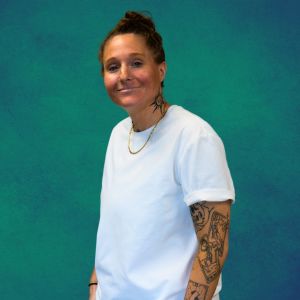
Abby Fowler
Case Manager
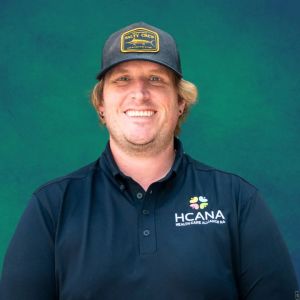
Brian Camp
Director of Operations

John Benton
Primary Clinician
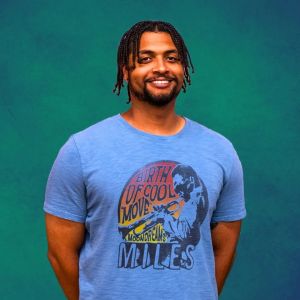
Joseph Parker
Primary Clinician
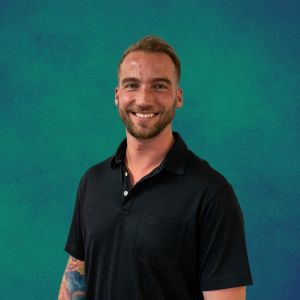
Kolton Vinzant
Primary Clinician

Ife' Lewis
Primary Clinician
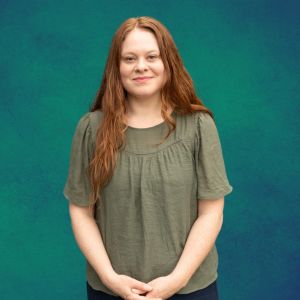
Myriah Strivelli
Primary Clinician

Katie Thomas
Primary Clinician

Haley Woodard
Primary Clinician
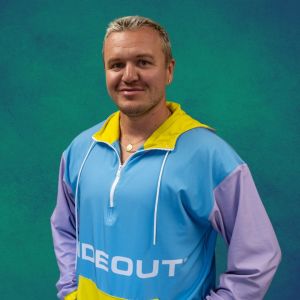
Ethan Moore
Operations Assistant
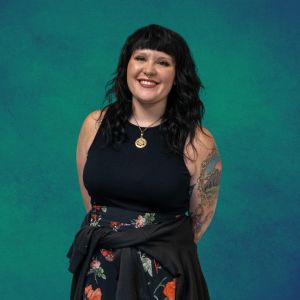
Rachel Johnson
Case Manager

Gregory Groff
Behavioral Health Technician
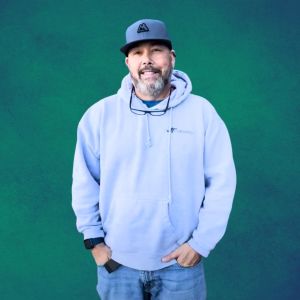
Chris England
Behavioral Health Technician
Your Care Options
Specializations
Alcohol
Using alcohol as a coping mechanism, or drinking excessively throughout the week, signals an alcohol use disorder.
Detox
Detox fully and safely removes toxic substances from the body, allowing the next steps in treatment to begin with a clean slate.
Benzodiazepines
Benzodiazepines are prescribed to treat anxiety and sleep issues. They are highly habit forming, and their abuse can cause mood changes and poor judgement.
Co-Occurring Disorders
A person with multiple mental health diagnoses, such as addiction and depression, has co-occurring disorders also called dual diagnosis.
Cocaine
Cocaine is a stimulant with euphoric effects. Agitation, muscle ticks, psychosis, and heart issues are common symptoms of cocaine abuse.
Heroin
Heroin is a highly addictive and illegal opioid. It can cause insomnia, collapsed veins, heart issues, and additional mental health issues.
Holistic
A non-medicinal, wellness-focused approach that aims to align the mind, body, and spirit for deep and lasting healing.
Trauma
Some traumatic events are so disturbing that they cause long-term mental health problems. Those ongoing issues can also be referred to as "trauma."
Who We Treat
Men and Women
Men and women attend treatment for addiction in a co-ed setting, going to therapy groups together to share experiences, struggles, and successes.
Treatment Services
Day Treatment
In a PHP, patients live at home but follow an intensive schedule of treatment. Most programs require you to be on-site for about 40 hours per week.
Intensive Outpatient Program
In an IOP, patients live at home or a sober living, but attend treatment typically 9-15 hours a week. Most programs include talk therapy, support groups, and other methods.
Outpatient
During outpatient rehab, patients attend a structured treatment program while continuing to live at home.
Residential
In a residential rehab program, patients live onsite, with access to daily treatment and 24-hour care. An average stay is 30-90 days.
Approaches
Evidence-Based
A combination of scientifically rooted therapies and treatments make up evidence-based care, defined by their measured and proven results.
Holistic
A non-medicinal, wellness-focused approach that aims to align the mind, body, and spirit for deep and lasting healing.
Individual Treatment
Individual care meets the needs of each patient, using personalized treatment to provide them the most relevant care and greatest chance of success.
Personalized Treatment
The specific needs, histories, and conditions of individual patients receive personalized, highly relevant care throughout their recovery journey.
Twelve Step
Incorporating spirituality, community, and responsibility, 12-Step philosophies prioritize the guidance of a Higher Power and a continuation of 12-Step practices.
Therapies
1-on-1 Counseling
Patient and therapist meet 1-on-1 to work through difficult emotions and behavioral challenges in a personal, private setting.
Meditation & Mindfulness
A practiced state of mind that brings patients to the present. It allows them to become fully aware of themselves, their feelings, and the present moment.
Mindfulness Therapy
This ancient practice can be mental, emotional, and even spiritual. In meditation, you focus your attention on the present moment without judgement.
Adventure Therapy
This experiential approach uses the physical and emotional challenges of outdoor activities as tools for personal growth.
Equine Therapy
Guided interactions with trained horses, their handler, and a therapist can help patients improve their self-esteem, trust, empathy, and social skills.
Experiential Therapy
With this approach, patients heal by doing. Therapists help patients process difficult emotions to speak, using guided activities like art or dance.
Expressive Arts
Creative processes like art, writing, or dance use inner creative desires to help boost confidence, emotional growth, and initiate change.
Conditions We Treat
Personality Disorders
Personality disorders destabilize the way a person thinks, feels, and behaves. If untreated, they can undermine relationships and lead to severe distress.
Anxiety
Anxiety is a common mental health condition that can include excessive worry, panic attacks, physical tension, and increased blood pressure.
Stress
Stress is a natural reaction to challenges, and it can even help you adapt. However, chronic stress can cause physical and mental health issues.
Trauma
Some traumatic events are so disturbing that they cause long-term mental health problems. Those ongoing issues can also be referred to as "trauma."
Substances We Treat
Alcohol
Using alcohol as a coping mechanism, or drinking excessively throughout the week, signals an alcohol use disorder.
Benzodiazepines
Benzodiazepines are prescribed to treat anxiety and sleep issues. They are highly habit forming, and their abuse can cause mood changes and poor judgement.
Chronic Relapse
Consistent relapse occurs repeatedly, after partial recovery from addiction. This condition requires long-term treatment.
Co-Occurring Disorders
A person with multiple mental health diagnoses, such as addiction and depression, has co-occurring disorders also called dual diagnosis.
Cocaine
Cocaine is a stimulant with euphoric effects. Agitation, muscle ticks, psychosis, and heart issues are common symptoms of cocaine abuse.
Drug Addiction
Drug addiction is the excessive and repetitive use of substances, despite harmful consequences to a person's life, health, and relationships.
Heroin
Heroin is a highly addictive and illegal opioid. It can cause insomnia, collapsed veins, heart issues, and additional mental health issues.
Psychedelics
Hallucinogenic drugs—like LSD—cause euphoria and increased sensory experiences. When abused, they can lead to depression and psychosis.
Languages
Aftercare
Care Designed for Your Needs
Personal Amenities
Amenities
Special Considerations
Gender-specific groups
Patients in gender-specific groups gain the opportunity to discuss challenges unique to their gender in a comfortable, safe setting conducive to healing.
Activities
Yoga
Yoga is both a physical and spiritual practice. It includes a flow of movement, breathing techniques, and meditation.
Off-Site Activities
Yoga
Yoga is both a physical and spiritual practice. It includes a flow of movement, breathing techniques, and meditation.
Off-Site Amenities

Learn More About the Center
Equine Therapy
Explore Oasis Recovery Center’s experiential healing approach with equine therapy.
The Oasis Model
Discover Oasis Recovery’s Center’s unique approach to treatment.
Trauma-Informed Care
Learn how Oasis Recovery Center sensitively treats clients with trauma.
Family Program
Read how Oasis Recovery Center includes loved ones in the healing process.





